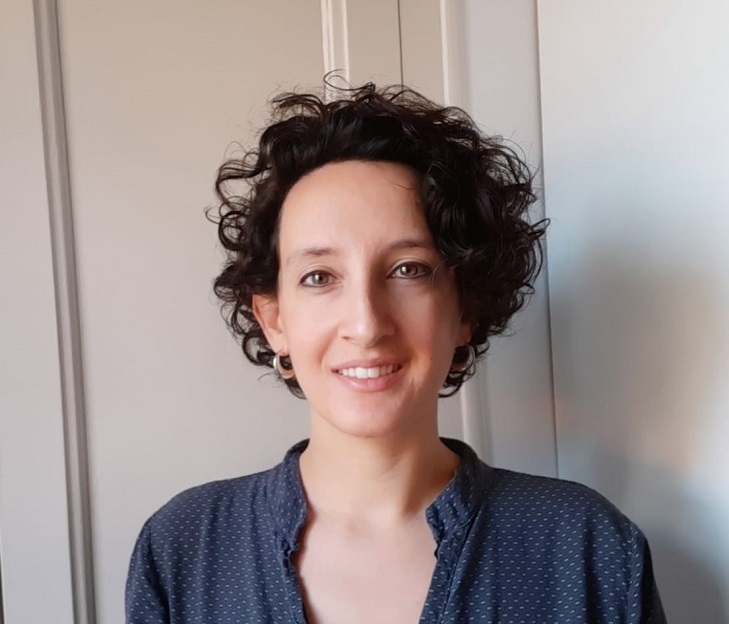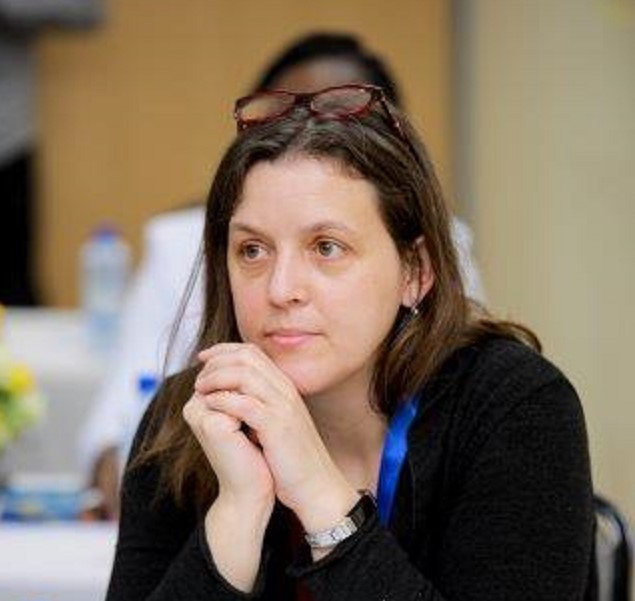Analysing Intersectionality with QCA/Set-Theoretic Methods: An illustration with research
on loneliness
Keming Yang (University of Durham, UK)
Friday 4 October 2024
12:30 h – 13:30 h (CEST)
UOC’s Interdisciplinary R&I Hub (floor 0 – Rambla del Poblenou, 154 Barcelona) & online.
Developed initially by Charles Ragin, qualitative comparative analysis (QCA) has become a special tool for analysing multiple attributes at the same time. It draws on set theory in mathematics and sees individuals as members of different sets (or people of different categories), making it particularly appealing to the study of intersectionality. This lecture aims to introduce the basic ideas of QCA (or set-theoretic methods) and the benefits they may bring to the analysis of intersectionality, including calibration of a condition’s values (leading to crisp vs. fuzzy sets), necessary and sufficient conditions, and systematic examinations of conditions in relation to the interested outcome (truth table). Drawing on Dr Yang’s own research on loneliness (2017, 2023), these concepts and methods will be illustrated by his analysis on the data collected from the Great Britain part of the European Social Survey (ESS). In addition, Dr Yang will discuss some other important issues in using QCA, such as sampling and sample size, the impact of sampling on intersectional analysis, and the connection to causal analysis. These discussions will demonstrate that under certain conditions and used with care, QCA and set-theoretic methods in general have the potential of generating some unique insights into the analysis of intersectionality.
Students’ academic well-being, socioemotional skills, and differences related to gender and other demographic factors
Katja Upadyaya (University of Helsinki)
Tuesday 4 June 2024
16:00 h – 17:00 h (CEST)
UOC’s Interdisciplinary R&I Hub (floor 0 – Rambla del Poblenou, 154 Barcelona) & online.
Students face various challenges in school, such as complex tasks, demanding learning situations, and changing social environments, which they must address using their personal resources and abilities. Such challenges, especially when prolonged, may also cause study burnout symptoms and imbalance between demands and personal resources. High resources, in turn, often lead to well-being and study engagement. Study engagement and burnout have often been considered as factors of academic well-being. Socio-emotional skills are seen as essential future skills, crucial for functioning in society, and their development begins in school. Recent research highlights the significance of socio-emotional skills for academic well-being: good socio-emotional skills often support student engagement and can prevent academic burnout. However, differences related to gender and demographic factors such as socioeconomic status may emerge in engagement, burnout, and socio-emotional skills. In the light of these studies, the importance of academic well-being and socio-emotional skills among students are presented in more detail in this seminar, discussing some differences related to gender and other demographic variables.
Relief Maps: new visual methods for intersectional data collection and analysis on discriminations from a social, geographical, and psychological perspective
Maria Rodó-Zárate (Universitat Pompeu Fabra)
Monday 6 May 2024
16:00 h – 17:00 h (CEST)
UOC’s Interdisciplinary R&I Hub (floor 0 – Rambla del Poblenou, 154 Barcelona) & online.
Relief Maps are a methodological tool created by Maria Rodó-Zárate for studying social inequalities from an intersectionality perspective, in three dimensions: the social dimension (positions and identities of gender, social class, ethnicity, age, etc.), geography (places in daily life) and psychology (effects on emotions). The tool, rooted in intersectional feminist theories and debates on feminist geography, was initially thought to be developed in paper as a useful methodology for qualitative research and training in social sciences. In 2018, Maria Rodó-Zárate with the support of Universitat Oberta de Catalunya designed the first digital version of Relief Maps: an open-access and free tool that allows both qualitative and quantitative analysis and visualization of large samples data. Within the framework of INTERMAPS project, a new digital tool has been developed. It includes a visual way of collecting data on intersectional positions, based on the apple metaphor, a new interactive model for the Relief Maps and, building on feminist, queer, antiracist, decolonial and humanistic perspectives, it also proposes a GIS tool for collecting and visualizing georeferentitated data on the lived experience.
Relief Maps are available to be used not only for social science or health sciences research but also for teaching activities, as a pedagogical tool, and for consulting and management purposes. Relief Maps offer new possibilities for the government sector, organisations working for social change, and enterprises willing to carry out diagnosis and define action plans to better understand and address inequalities.
Applications of the MAIHDA approach to intersectional analysis: illustrations using the UniSAFE survey on gender-based violence in research organisations in Europe
Anne Laure Humbert (Oxford Brooks University)
Tuesday 10 October 2023
16:00 h – 17:00 h (CEST)
UOC’s Interdisciplinary R&I Hub (floor 0 – Rambla del Poblenou, 154 Barcelona)
Reconciling the needs of intersectionality with quantitative methods poses challenges. Traditional approaches like cross-tabulations and regression models have important limitations. Recent work advocates for intersectional multi-level models, often referred to as the MAIHDA approach (Multilevel Analysis of Individual Heterogeneity and Discriminatory Accuracy), to address these issues. MAIHDA simplifies the problem of specifying numerous interactions, assesses the level at which variance occurs, and thus more generally allows for the analysis of identities in relation to wider structures of inequalities.
This seminar focuses on the application of the MAIHDA approach in the EU-funded UniSAFE project, aimed at measuring gender-based violence in universities and research organisations across 15 European countries. Initial analysis results will be shared, along with new methodological work that considers the effects of the granularity of the intersectional strata used in the MAIHDA approach. This new work extends the original analysis and provides insights into the complexities of analysing gender-based violence in academic settings both intersectionally and in context.



